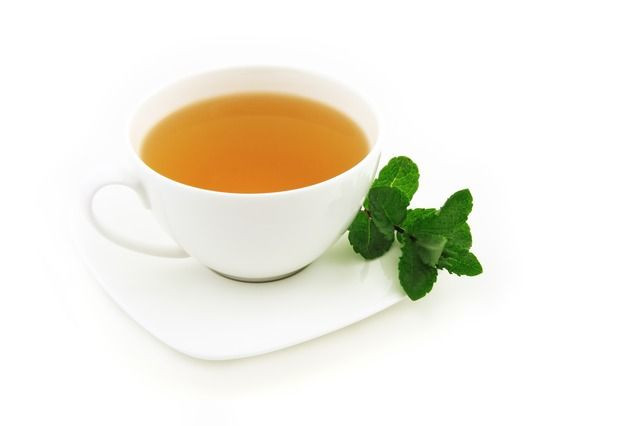Green Tea May Help Ward Off Both Breast Cancer and Prostate Cancer

Green tea has been linked to a variety of health benefits. From giving your body a boost of endurance to battling free radicals to new research suggesting green tea can help ward off cancer.
For decades health experts have believed green tea is linked to preventing cancer, but research has been promising but not conclusive, until now. Researchers from Columbia University Medical Center and University of California Los Angeles have finally cracked the code on how green tea can help both men and women in preventing cancer.
Breast Cancer
According to researchers, green tea extract, Polyphenon E, inhibits the growth of breast cancer tumors.
These findings are based on an ongoing study of 40 women with a type of breast cancer that doesn't respond to hormone therapy.
Lead author of the breast cancer study Katherine D. Crew, an assistant professor of medicine and epidemiology at Columbia University Medical Center in New York, randomly assigned patients to 400 mg, 600 mg or 800 mg of Polyphenon E or to placebo twice a day for six months.
The results revealed that women who were receiving green tea extract demonstrated notably lower levels of tumor growth factors as early as two months into the treatment. Crew did indicate that the difference between those receiving a placebo and those receiving Polyphenon E was not as significant following the four and six months mark. She theorizes patients may not have kept up with the pills.
Crew hopes to establish an appropriate dose of green tea extract. She noted the study levels were equivalent to eight to 24 cups of pure green tea.
Crew believes it is still too early to recommend green tea extract as treatment to ward off breast cancer. However, she is currently examining the use of oral green tea extracts in high-risk women for prevention of breast cancer.
Prostate Cancer
Crew's study regarding prostate cancer builds upon a smaller study, which was conducted by James Cardelli of the Louisiana State University Health Sciences Center in Shreveport, LA.
The newer study, which was conducted by Susanne Henning, an adjunct professor at the David Geffen School of Medicine at the University of California Los Angeles, involved 67 men who were preparing to undergo a prostatectomy, the removal of an enlarged cancerous prostate.
Henning and colleagues assigned patients to consume either six cups of brewed green tea or water daily for three to eight weeks. They collected blood and urine samples prior to and following green tea or water consumption. They also collected prostate tissue following the pathology exam.
The results demonstrated the serum prostate-specific antigen (PSA) concentrations were considerably lower at the end of the study.
Currently Henning are examining the prospect of combining green tea with other natural products in mouse studies.



























